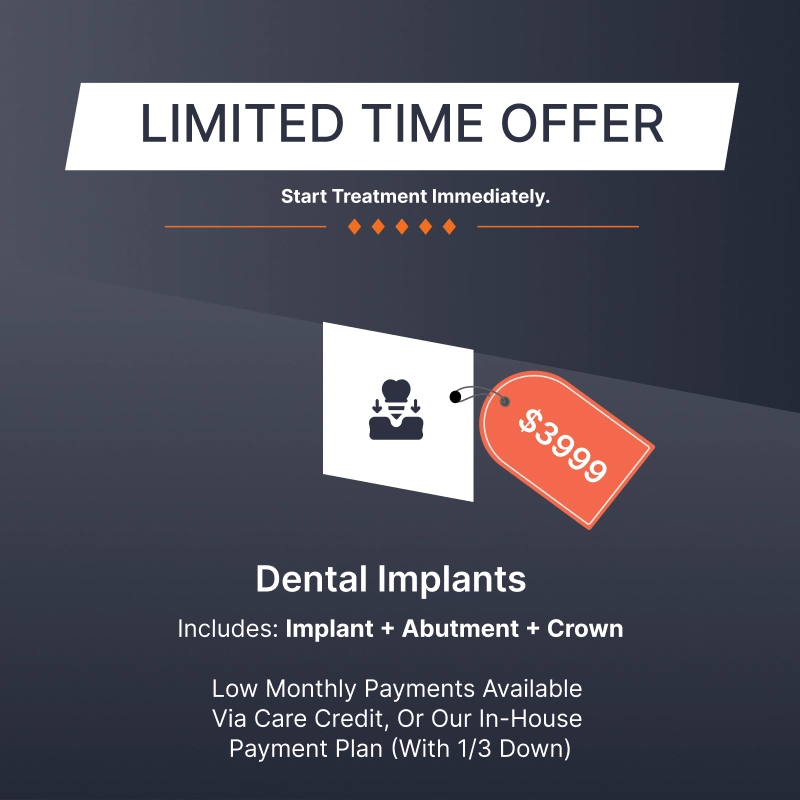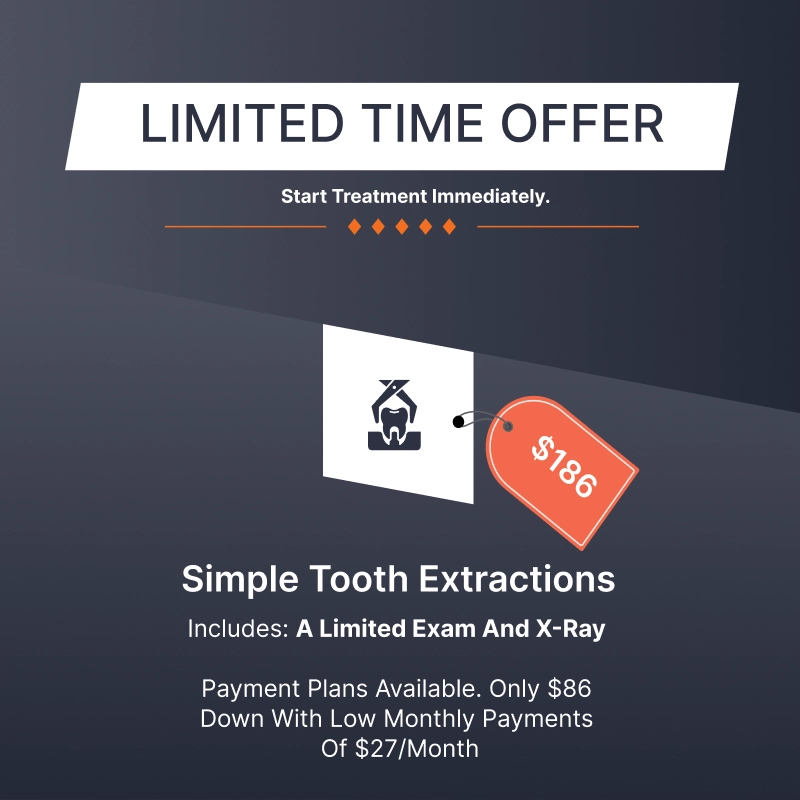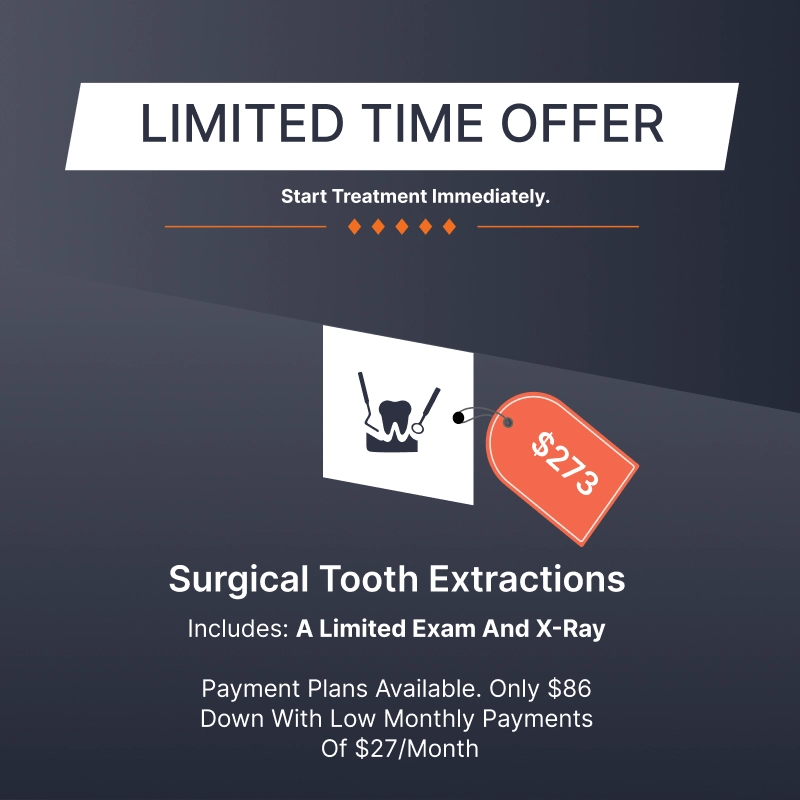TMJ or temporomandibular joint disorder is a condition characterized by clenching the jaw and grinding the teeth. This joint is what connects your jaw to your skull and allows your jaw to move up and down and side to side- which allows you to chew, talk, and laugh. If you suffer from headaches, TMJ disorder may be to blame. TMJ headaches fall under the umbrella of TMD, or temporomandibular disorder. Research has shown that 1 in 10 people report TMJ pain, and approximately 50% of Americans suffer from TMD. Since it can be difficult to distinguish between TMJ headaches and general headaches, there are no specific statistics in this area. The team at Legacy Dental can work with you to determine if you have TMJ by examining your mouth and jaw, as well as taking images. Below, we’ll discuss a few of the signs that TMJ is causing your headaches.
When it comes to tracking down the cause of headaches, TMJ is often the last thing people consider. However, perhaps it should be one of the first. There are several signs that TMJ is causing your headaches. Below are 6 of the most common:
- You primarily get headaches following jaw activity One of the most obvious clues that TMJ is causing your headaches is when they occur after intense jaw activity. This may include talking for long periods of time, chewing tough foods, and opening your mouth wide, as well as other activities that require prolonged use of your jaw muscles. However, since research indicates that TMJ is primarily associated with migraine headaches, not tension headaches, this seems strange. Of course, this doesn’t mean that TMJ is only correlated with migraines; it just appears that this condition seems to worsen migraines more than other types of headaches.
- Your teeth show signs of bruxism Bruxism, or teeth grinding, can cause significant damage to your teeth. Whether you are clenching your jaw and/or grinding your teeth during the day or at night while you are sleeping, the results can be detrimental to your teeth. One of the most common signs of bruxism is cracked tooth syndrome. This is a condition in which there are multiple small cracks in the teeth that cannot be seen by the naked eye but cause tooth sensitivity, increased tooth decay, and even broken teeth.
- Conventional headache treatments are not working Unfortunately, when it comes to headaches, sometimes the only way to determine the cause is to eliminate other potential causes. If you are currently undergoing treatment for what your physician believes is causing your headaches but you have not gotten any relief, chances are that the condition being treated is not causing your headaches. This is especially true for patients who have been diagnosed with migraines- after all, as mentioned, patients with TMJ are more likely to experience a migraine than any other type of headache. In fact, according to the experts, patients with TMJ are 60% more likely to experience frequent migraines. It's also important to note that patients who have jaw tension with their TMJ are more likely to have daily migraines or several migraines in a week than those who do not.
- You have neck, jaw, and facial pain If you wake up with neck, jaw, and facial pain, you could be suffering from TMJ. The tension of clenching and grinding your teeth at night can cause these symptoms to manifest. Therefore, if this is happening to you, it’s important to seek medical attention as soon as possible.
- You have restricted jaw movement Typically, TMD manifests in the jaw first. In some cases, the jaw symptoms occur in conjunction with other symptoms. If you are experiencing jaw pain, your headaches may be due to TMJ. Often, patients who have TMJ experience jaw sounds, such as clicking and popping. This is because the disk that acts as a cushion in the joint gets out of place. The sound occurs when it slips back into place. In some cases, the disk won’t slip back into place, which causes restricted jaw movement.
- You have changes in your bite Research shows that malocclusions, or bad bites, can cause TMJ. However, the bad bite may be caused by TMJ. If you once had a normal bite with little to no misalignment and you now have a problem, it could indicate that you have TMJ and that TMJ could be the cause of your headaches.
While this is not a foolproof test, there is something you can do at home to find out if TMJ may be causing or contributing to your headaches. Next time you are suffering from a headache, try holding a pencil between your teeth. If this causes the pain to change- whether decreasing or increasing- chances are TMJ could be the culprit behind your headaches.
If you suffer from frequent headaches and believe that TMJ might be the cause, schedule your consultation with the team at Legacy Dental. Our dentists have the experience and expertise to diagnose and treat a variety of conditions, including TMJ.
If we determine through examination, discussion of symptoms, and imaging that you have TMJ, we can work with you to find the most appropriate treatment. Typically, we will start with the most conservative treatments: TMJ splint often referred to as a nightguard, and/or prescription medications such as muscle relaxers, pain relievers, or medications for anxiety/depression. However, in some more severe cases, we may need to look at surgical options such as arthrocentesis or a TMJ arthroscopy.
We are conveniently located at 1345 East 3900 South, Suite 116, in Salt Lake City. We have extended hours to help our patients who work full-time get into the clinic for diagnosis and treatment. Our office hours are Monday through Thursday, 8:00 AM to 8:00 PM, Friday, 8:00 AM to 5:00 PM, and Saturday, 8:00 AM to 2:00 PM.








